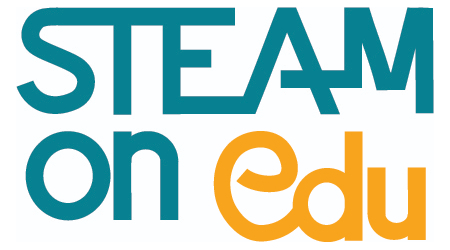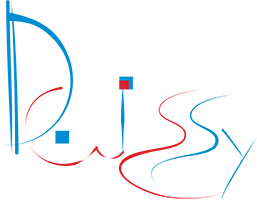STEAMonEDU
-
Info
Title Competence development of STE(A)M educators through online tools and communities
Acronym STEAMonEDU
Programme
Project Number 612911-EPP-1-2019-1-EL-EPPKA3-PI-FORWARD
Start – End Date 01/01/2020 – 31/12/2021
Duration 24 months
Action European Forward Looking Cooperation Projects in the fields of Education and Training
Funding Agency EACEA
Total Project Funding €600.813,00
Project Homepage https://steamonedu.eu
Status Completed
Description
The STEAMonEDU project (Competence development of STE(A)M educators through online tools and communities) aims to contribute to innovative and cross-disciplinary approaches in implementing STE(A)M education by revising and strengthening the professional profile of the teaching profession. This will be achieved first by identifying the necessary STE(A)M competences and the skills required for STE(A)M teaching and then by providing targeted teacher training together with a set of assorted tools. The training will be implemented as a blended course that will include a MOOC. The tools will include an instructional meta-methodology, STE(A)M body of knowledge, online activity templates, STE(A)M education good practices and a STE(A)M readiness self-assessment tool. A crowdsourcing bottom-up approach will be put in place for the stakeholders of STE(A)M education (including teachers, researchers, policy makers etc.), resulting in peer learning and support in the design and implementation of STE(A)M education policies and in the development of open content.
In the long-term, the project’s systemic approach for the assessment, monitoring and improvement of teacher STE(A)M skills will raise important benefits in many policy areas and it will represent a precious toolkit for implementing effective outreach strategies to difficult-to-engage groups of adults.
On the ground of the above, and answering the question on how the results are expected to develop new policy actions in the countries involved in this proposal, as well as their potential impact at European level in the education and training fields, the project will:
- Develop a new approach to adult education and training which focuses on learning outcomes and learner responsibility and autonomy;
- Foster greater awareness among adults that learning is a lifelong endeavour which they should pursue at regular intervals during their lives, and particularly during periods of unemployment or career transition;
- Encourage the development of effective lifelong guidance systems, as well as integrated systems for the validation of non-formal and informal learning;
- Ensure the comprehensive provision of high-quality formal and non-formal education and training for teachers aimed at acquiring STE(A)M Digital competences;
- Ensure flexible arrangements adapted to different training needs of teachers;
- Promote the role of social partners and civil society in articulating training needs and developing learning opportunities for teachers, as well as optimise the involvement of central, regional and local authorities in order to reach broader audiences and ensure long-term financial sustainability.
Finally, at methodological level, the project will put the basis for the future elaboration of derivate frameworks, inspired by the already existing ones, such as DigCompConsumers and DigCompTeach, or focused on completing new sectors and target groups.
Project Outcomes
The specific project objectives are:
- to attribute to the community of STE(A)M education stakeholders (teachers, educators, researchers, policy-makers, education authorities, career consultants, content producers etc.) a central role in designing, implementing and assessing STE(A)M education policies
- to develop online tools in order to support this community; these will be accessible via an online platform that will support peer learning, collaboration, crowdsourcing, indexing and access to resources, learning activity templates, project implementation, policy design, etc.
- to collect and assess practices based on local and regional initiatives that support STEM and STE(A)M education,
- to collect, analyse and index (using an IEEE LOM compatible meta-data scheme) evidence to substantiate innovative policies and practices,
- to design a core STE(A)M education framework containing a STE(A)M instructional meta-methodology, the STE(A)M body of knowledge, a special focus on diversity issues (including gender and social inclusion issues), STE(A)M learning activity and course templates,
- to develop and test STE(A)MComp, the competence framework for STE(A)M, along the example of DigComp for Edu,
- to design the STE(A)M educator profile in an ESCO compatible manner,
- to design a STE(A)M evaluation readiness test for Schools following the example of SELFIE,
- to test STE(A)MComp by delivering an online course for the professional development of STE(A)M educators, including a cMOOC that implements the principles of Open Education, uses OERs and adheres to the MOOQ Quality Reference Framework,
- to produce the STE(A)M Policy Influencer Toolkit containing recommendations for the uptake of STE(A)M education in Europe.

Publicity
